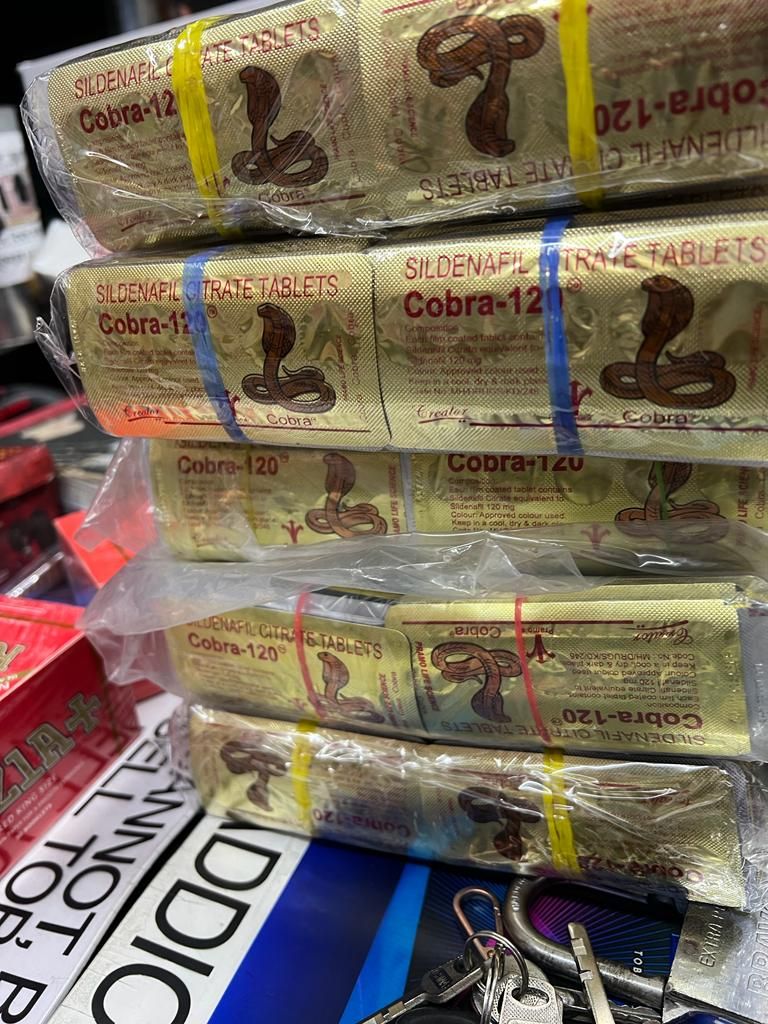The South African government has been concerned about the possession and trade of illegal cigarettes and prohibited medication for a long time. Recently, the government has taken proactive measures to crack down on this illicit trade. The Johannesburg arrests serve as an example of the efforts made to combat the illegal trade of these products.
The Illicit Tobacco and Medication Trade
According to the Tobacco Institute of Southern Africa report, illicit tobacco trade accounts for approximately 30% of the South African tobacco market. This has severe implications for the economy and the health of citizens. Illegal trade deprives the government of tax revenue and exposes consumers to potentially harmful products.
Similarly, the illegal medication trade poses a significant risk to public health. Counterfeit medication is often produced in unsanitary conditions and without quality control measures, threatening consumers who ingest it.
Measures to Combat the Illegal Trade
The South African government has implemented various measures to combat the illegal trade of cigarettes and medication. These measures include increased monitoring of production and distribution channels and heightened public awareness campaigns to discourage purchasing illicit goods.
The Role of the Public
The community’s role in reporting criminal activity cannot be overstated. The authorities require cooperation and support from the public to detect and apprehend those involved in illegal activities. The SAPS urges the public to report the criminal activity through the Crime Stop Number or the MySAPS Application, which can be downloaded on any smartphone.
The fight against the illegal trade of cigarettes and medication requires a concerted effort from all stakeholders. The Gauteng Organised Crime Investigations unit’s work highlights the importance of proactive law enforcement in the battle against crime. The public has a vital role to play in this effort. Through their cooperation and support, South Africa can effectively curb the illegal trade in cigarettes and medication, thus ensuring the protection of its citizens.










